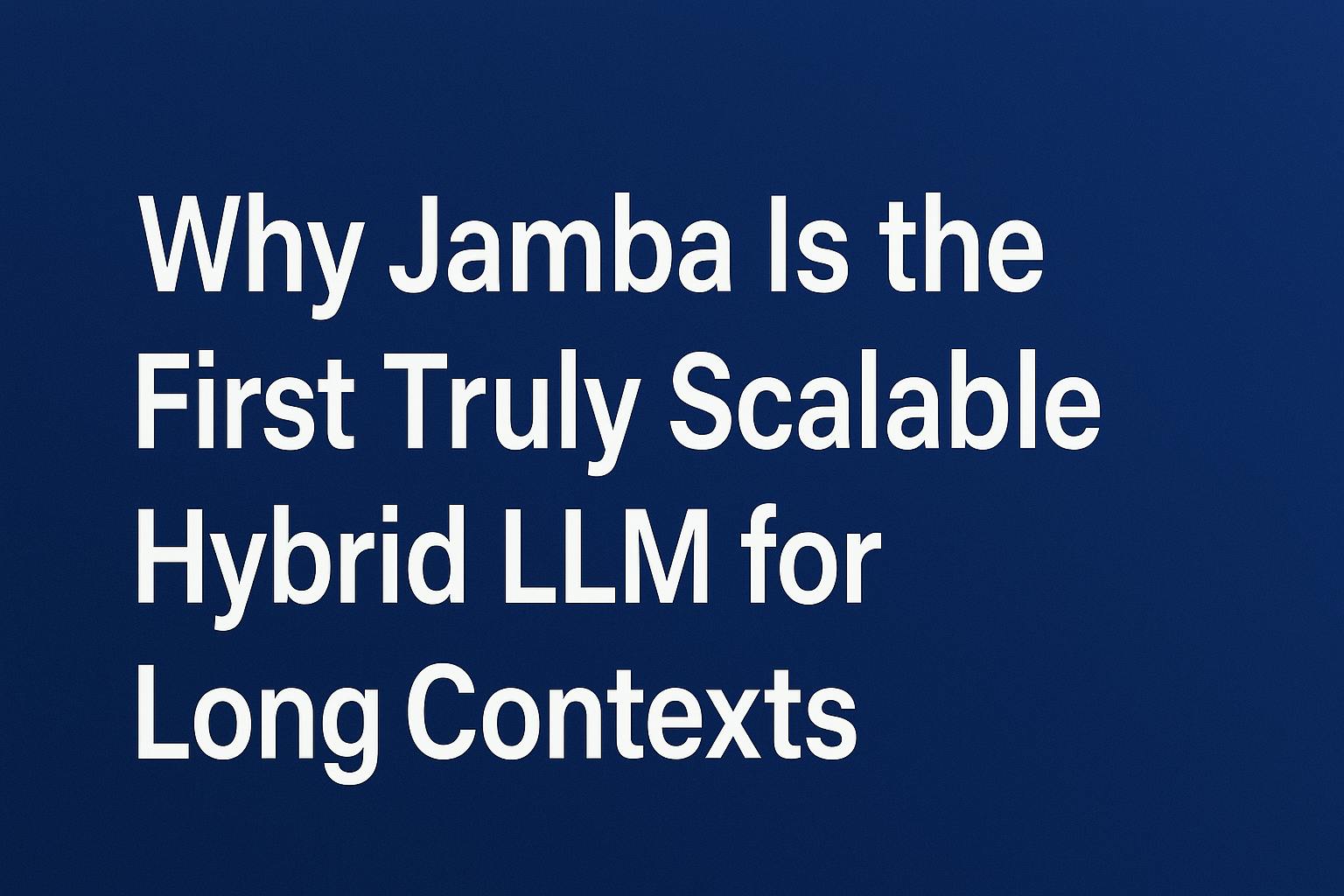FOR centuries wars have been fought on the frontline – but in the future we could see WW3 taking place among the stars.
While it would play out some 2,000kilometres above ground, it could have devastating effects on humans on Earth as crucial global services and machines grind to a standstill.
5

5
And all it would require is an attack on a few dozen GPS satellites, according to former Air Marshall Andrew Turner CBE, who is now co-founder of consultancy Space4Sight.
Adversaries could target GPS satellite constellations with anti-satellite weapons to dismantle a wide range of services on the ground.
Andrew, who has previously advised the Pentagon and the White House under the Obama administration on UK national security interests, says: “We, you, I, us, the world has become unbelievably dependent on space services, and if they were to be interrupted our world would regress to something more Edwardian or Victorian in nature.”
“Traffic lights, ATMs, fuel pumps, dialysis machines, all depend on space, just like financial transactions, the stock markets, oil extraction.”
‘Wild West’ in space
Space is increasingly accessible, thanks to companies like Elon Musk’s SpaceX proving that it doesn’t have to be as costly as it was in the Space Race of the 60s.
Musk’s groundbreaking reusable rocket design has significantly driven down the cost of space travel from tens of thousands of dollars per kilogram to just thousands.
But the threats are increasing with access, Turner explained, as countries like the US, China, and Russia take their warfare capabilities past the Karman line.
Unfortunately, space currently resembles America’s “Wild West” era, according to Turner, where the “first person to get there sets the rules”.
Long after soldiers fought to hold ancient hilltop foretresses, space is now the ultimate high ground – and a “jewel” in any state’s martial crown, added Turner.

5
Orbital weaponry
There are all kinds of orbital weaponry currently being developed, from chemical lasers and particle beams to top-secret military space planes.
Some have the power to temporarily jam satellite signals, while others can permanently take out satellites – or at least damage key components.
Other anti-satellite weapons can produce indiscriminate effects through the creation of space debris that would destroy the target satellite as well as hundreds, if not thousands, of others as collateral damage.
China is believed to have built a new type of satellite-destroying weapon that converges multiple high-powered microwave beams to take out a single target.
Any of the space superpower entities would very quickly take surface warfare… to space. Because you can do so much more damage, so much more quickly, with so few assets.
Andrew Turner CBE, co-founder of Space4Sight
Dubbed the ‘Death Star’, the weapon has allegedly completed experimental trials on its potential military use.
The US has also accused Beijing of practicing new satellite maneuvers that resemble aerial combat known as “dogfighting”.
Russia has demonstrated similar capabilities concerning to the US, such as its 2021 test of an anti-satellite weapon that destroyed another Russian satellite.
Moscow is also reportedly developing a nuclear space weapon that could create a massive energy burst and destroy multiple satellites in one wave.
Though this could create such a severe, debris-cascading event, that Earth’s orbit would be unusable, Turner cautioned.

5
US Space Force chief, General Stephen Whiting, recently warned that America needs space-based weapons systems to maintain “space superiority” against future threats outside of Earth’s atmosphere.
Speaking at the 40th Space Foundation Space Symposium in Colorado on Tuesday, Whiting claimed that China had “accelerated their terrestrial and on-orbit space weapons, expanded their space-enabled kill chains and are moving at breathtaking speed”.
He described the use of “orbital interceptor” weapons that would allow the US to assert its military prowess in space.
Orbital interceptors are typically a defence satellite or missile designed to intercept or destroy enemy objects, like incoming ballistic missiles or rogue satellites.

5
NUCLEAR THREAT
While the capability to deploy nuclear weapons into space is explicitly prohibited in the 1967 Outer Space Treaty, Turner is not convinced space laws are currently being observed in “any material way”.
And the clumsy nature of having ‘eyes in the sky’ means an all-out space war could be triggered by accident.
It’s not straightforward to attribute attacks in space, unless its really deliberate.
Andrew Turner CBE
“I foresee an inadvertent interaction in space. I don’t think it’ll be intentional; it could be debris-related or poor maneuvering that will lead to something,” said Turner.
“Unless we’re quick and clever with our space diplomacy, it could escalate.
“And if it escalates, it will become very dangerous because space is not an area where you can control an escalation easily – things happen so fast.”
Unlike the CCTV in cities like London, governments cannot keep that close of an eye on their orbital assets like they can on the ground.
“It’s not straightforward to attribute attacks in space, unless its really deliberate,” Turner continued.
What I fear most is that if there was a fairly profound conflict in space, it would set the globe back decades, contemporarily a hundreds years or so for the areas that were disrupted.
Andrew Turner CBE
And because of the newfound accessibility of space, warfare is expected to elevate into orbit.
“Any of the space superpower entities would very quickly take surface warfare… to space,” explained Turner. “Because you can do so much more damage, so much more quickly, with so few assets.”
He added: “You don’t need carrier battlegroups, wings of aircraft and divisions of tanks, you just need one nuclear satellite and you can take a country back to the Edwardian times.”
Depending on the scale of the conflict, and the type of weapons involved, Earth could take decades to recover.
“What I fear most is that if there was a fairly profound conflict in space, it would set the globe back decades, contemporarily a hundreds years or so for the areas that were disrupted,” said Turner.
“It would be extremely difficult to recover from. The worry in my mind, is that we need to avoid conflict in space because the affects are unconscionable, they’re too great to compute, and they’re really, really difficult to recover from.”









